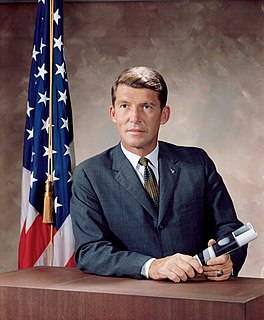A Quote by Sam Kean
The grand saga of how humans spread across the globe will need some amendments and annotations - rendezvous here, elopements there, and the commingling of genes most everywhere.
Quote Topics
Related Quotes
Very close cousins like humans and chimps have almost all their genes in common. Slightly less close cousins like humans and monkeys still have recognizably the same genes. You could carry on right on down to humans and bacteria, and you will find continuous compelling evidence for the hierarchical tree of cousinship.
Cheetah genes cooperate with cheetah genes but not with camel genes, and vice versa. This is not because cheetah genes, even in the most poetic sense, see any virtue in the preservation of the cheetah species. They are not working to save the cheetah from extinction like some molecular World Wildlife Fund.
I'm sure that in the fullness of time we'll learn that one or more of these seemingly promising technologies were dead ends. And that's the nature of innovation, and that's why we should spread our bets; we should not put our eggs in any one basket. Some of these will be grand successes, some of them will be average, and some of them will be abject failures.
Of course our genes will make some capacities very much easier to learn than others, and of course our genes themselves are not learned. But the point remains that genes themselves are not cognitive capacities, and that anything worth calling a cognitive capacity will depend to some degree on learning and so not be innate.




































